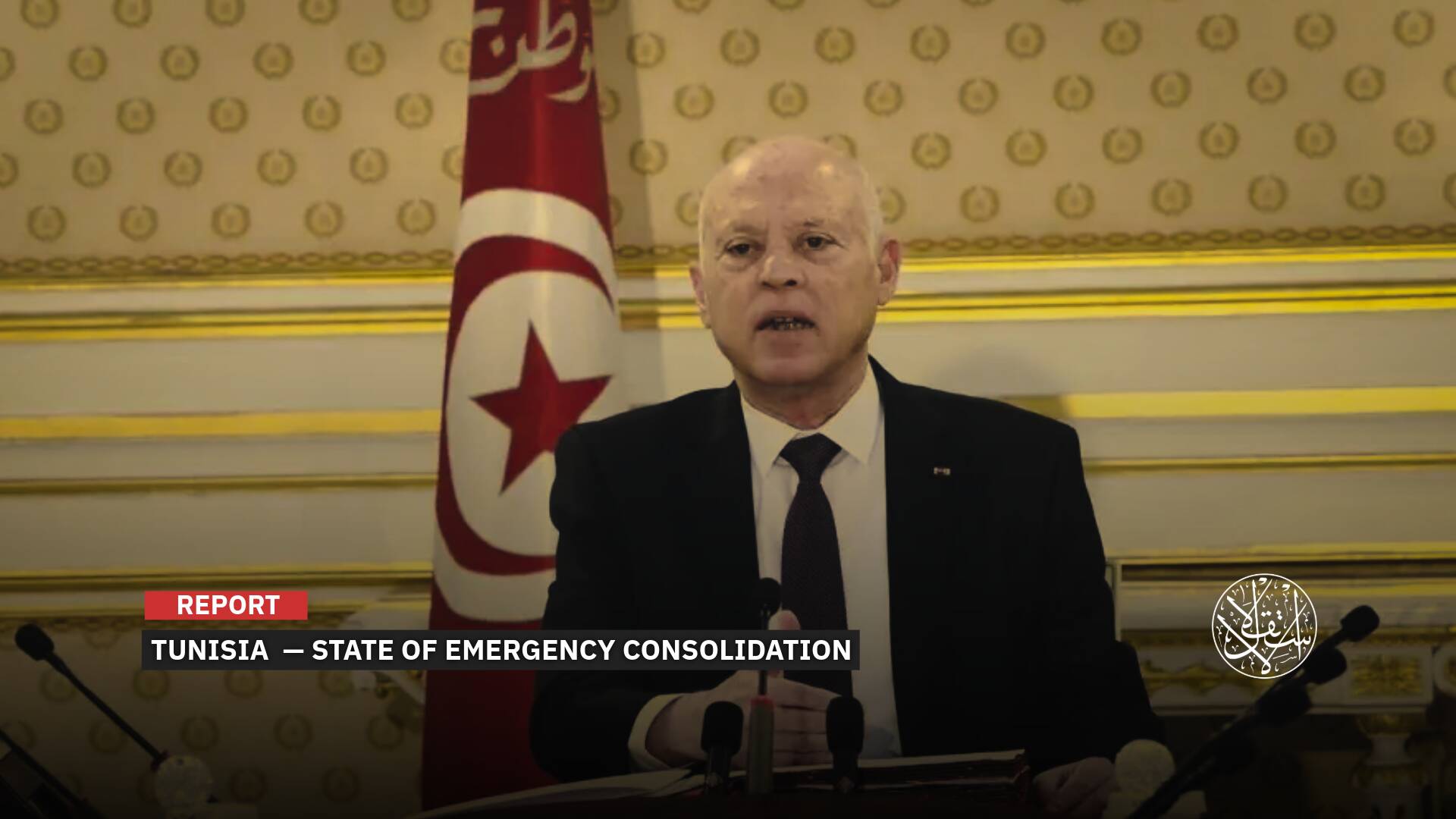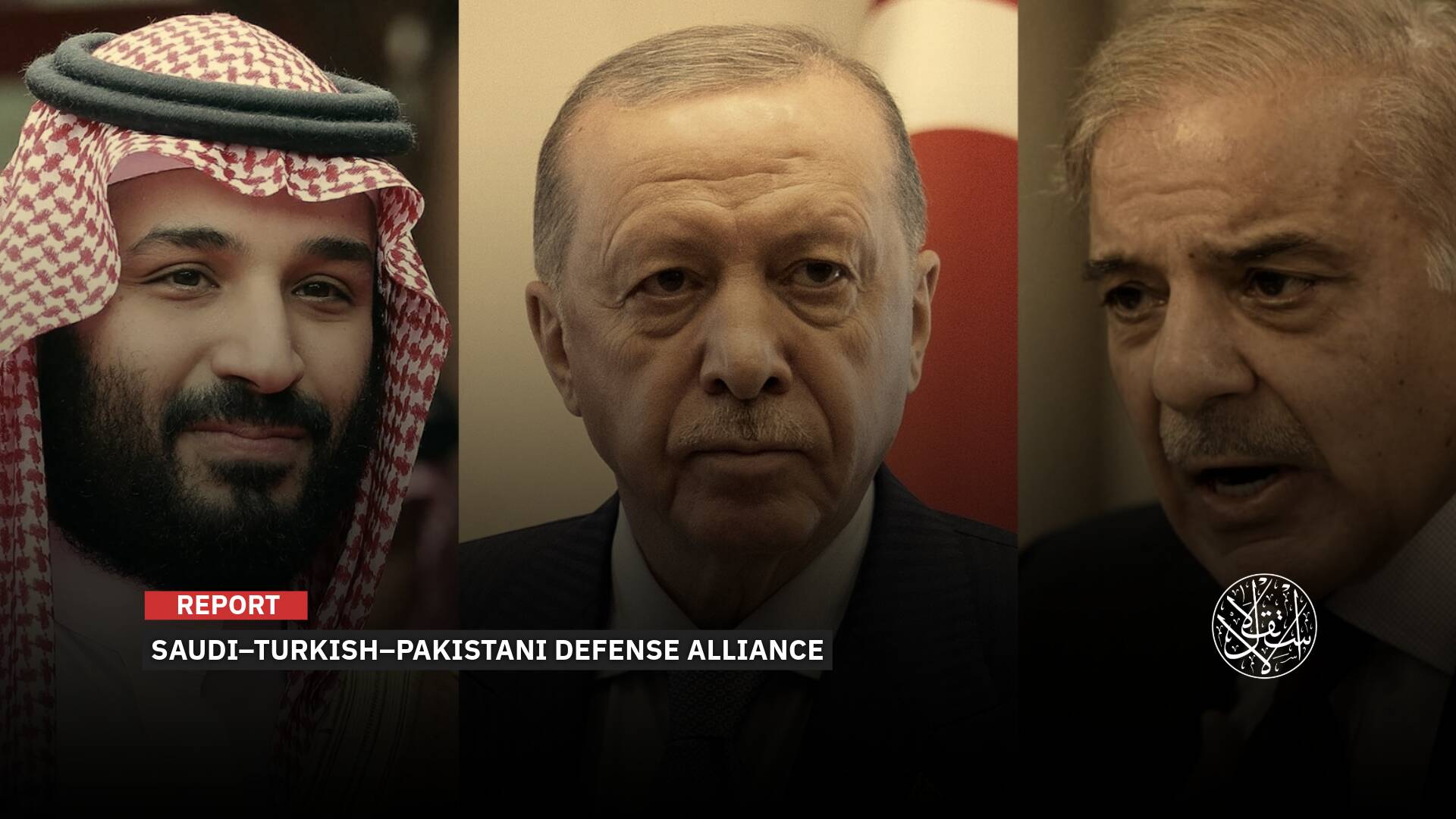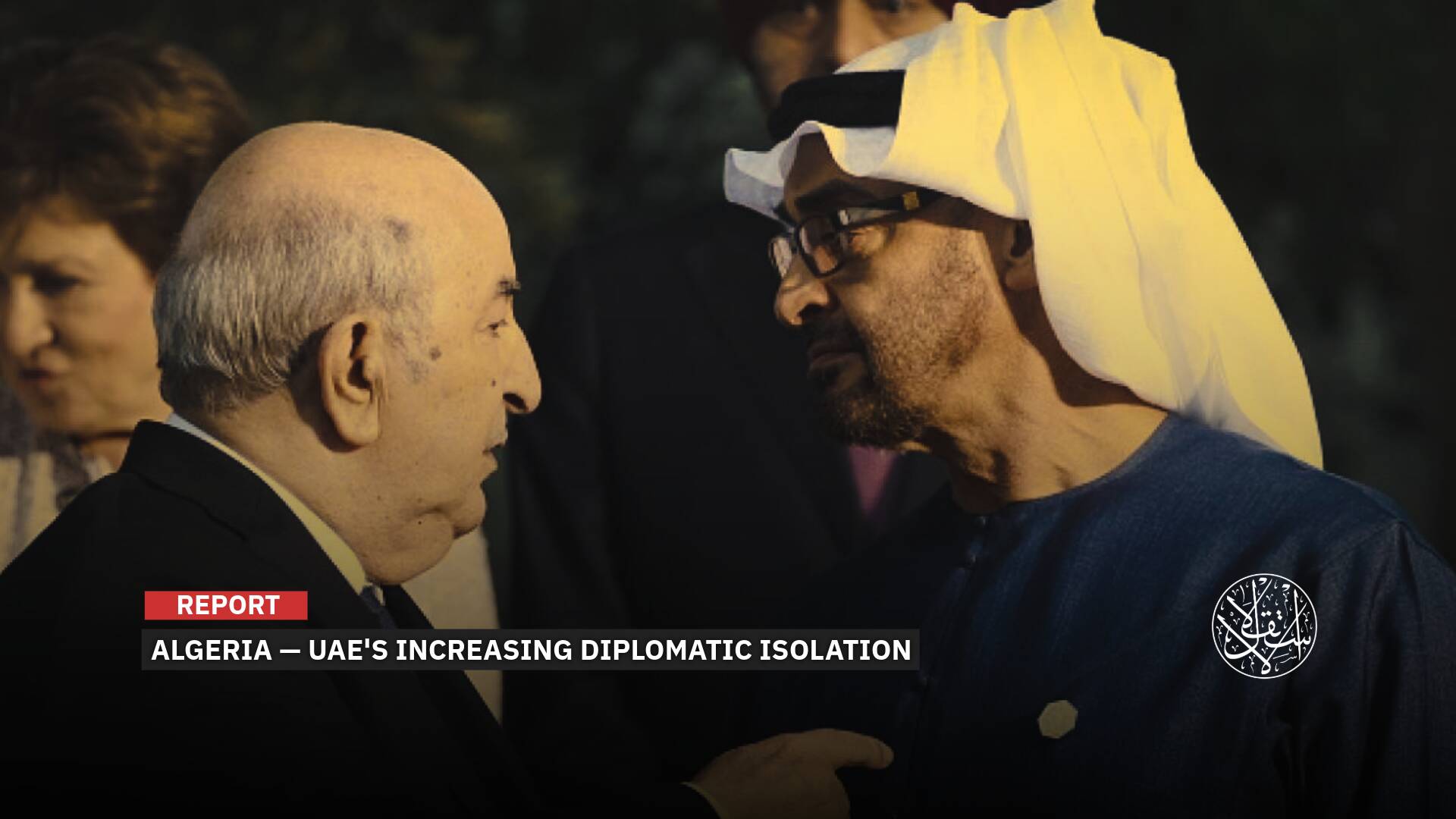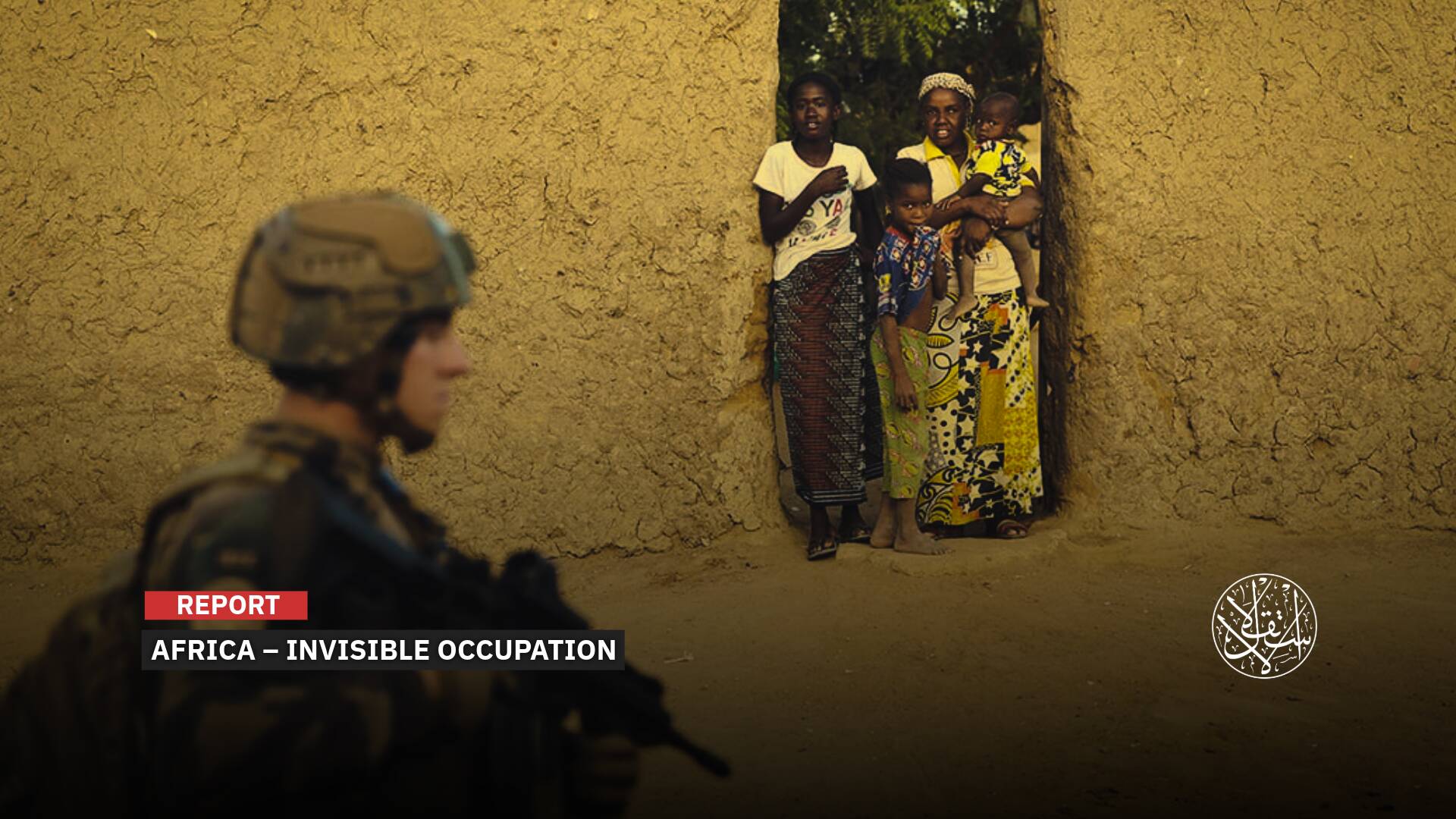This is How the West is Looking for its Options to Deal with Erdogan for the Next 5 Years

Most Western newspapers acknowledged that Turkish President Recep Tayyip Erdogan enjoyed real popularity, which enabled him to win despite many internal and external challenges. At the same time, however, it expressed Western fears of his ambitions regarding Turkiye’s role at the regional and international levels.
The Guardian newspaper recently published an article commenting on the results of the Turkish presidential elections, in which it said, “The West is caught between fear and hope after Erdogan obtained a mandate to serve a third term.”
It warned that Western capitals remained silent during the presidential election campaigns in Turkiye, hoping that Erdogan’s inconsistent rule would end, but that did not materialize.
There will be many hot files on the table of the Europeans and the Turks that need urgent solutions, and the Turkish–British relations will remain an exception compared to the state of tension in the relations between Ankara and Brussels.
On its part, Washington has not supported any of the candidates in the Turkish elections because it does not want to interfere in Turkiye’s internal affairs and because it needs to establish grounds with the winner anyway.
The New York Times newspaper suggested that Erdogan, after winning the elections, would feel more free to mend relations with the United States, possibly agreeing to Sweden’s membership in NATO, as he did with Finland.
Complicated Relations
The West may have to learn how to live with Erdoğan, with this title Politico magazine chose to comment on Western–Turkish relations, with Turkish President Recep Tayyip Erdogan continuing as president of Turkiye for the next 5 years, a title that shows the complexity of Western–Turkish relations, especially European ones.
Many Western analyzes did not hide the fact that Brussels, as the center of European decision-making, was closely following the Turkish elections, and it had various goals and common files with Turkiye of fateful and decisive dimensions.
It is noteworthy that there was no rupture of communication and relations between the West and Turkiye, but rather an apathy, enmity, and unfriendly mutual statements, and recently there has been public Western adoption of efforts seeking Erdogan’s failure in the elections.
Despite the previous Western endeavor to remove Erdogan from power, the West has always sought to establish good relations with Turkiye and never abandon them, due to political, military, and geographical reasons of a strategic dimension.
The West has now realized—after Erdogan’s victory—that it is inevitable to deal with him as he is, as Turkish–European relations will be as Erdogan sees and wants them, and not as Europe sees them and wants them, with the exception of Turkiye’s desire to join the European Union.
Under Erdogan, Ankara has irritated its NATO allies and taken a more confrontational and independent stance in foreign affairs. It also displayed its military strength in the Middle East and beyond.
While relations are expected to remain turbulent with the West, it is seen that they will be more stable with Russia, especially after Erdogan and his Russian counterpart, Vladimir Putin, participated in an official ceremony marking the start of supplying the Akkuyu Nuclear Power Plant with nuclear fuel, days before the start of the Turkish elections.
Under Erdogan, Turkiye maintained its relations with Russia, in conjunction with the West’s severing of its relations with Moscow due to its war on Ukraine.
At that time, Ankara pursued an unprecedented diplomatic balance, on the one hand opposing Western sanctions against Russia and, at the same time, sending drones to Kyiv.
Recently, Ankara played the most prominent role, along with the United Nations, in completing the grain deal between Ukraine and Russia, which Erdogan announced its extension two weeks ago.

Commenting on his country’s policy towards the war in Ukraine, Ibrahim Kalin, Erdogan’s chief security adviser, said, “Turkiye is trying to manage a 360-degree foreign policy.”
“We do not want to favor any particular issue, actor, region, or country over another,” he added.
In turn, Ankita Dutta, a researcher at the Observation and Research Foundation (ORF), explained that “the defining files of Turkish–European relations in the next five years are related to immigration and security, especially with regard to Ukraine, energy and the relationship with Russia.”
The researcher expected that “the talks between the Europeans and the Turks about joining the EU would remain static and without any real change,” noting that this is good news for the Europeans who are currently busy discussing Ukraine’s accession to the bloc.
On his part, political researcher Sami al-Khatib said in a statement to Al-Estiklal that “the United States and the EU will reconsider their relations with Ankara after Erdogan’s victory, because weakening Turkiye economically will be dangerous for the region, especially with Russia and China’s continuous expansionist attempts,” pointing out that “the West will not allow Moscow and Beijing to fully include Ankara in the East camp.”
He also pointed out that Western–Turkish relations will be calm in the short term, adding that the EU will give priority to providing the $7 billion it promised to support Turkiye to recover from the effects of the devastating earthquake that shook it last February.
However, the researcher warned of a controversial point that might explode Turkish–Western relations, which is the Turkish–Greek tension, expecting that the escalation will be great in this file, especially with Turkiye’s insistence on continuing gas exploration in the Mediterranean.
Mr. Al-Khatib also indicated that Turkiye’s relations with the West are likely to become more strained if Ankara develops stronger trade, economic and military relations with Moscow.

More Concessions
In the same context, U.S. President Joe Biden hastened to congratulate Turkish President Recep Tayyip Erdogan on winning the elections that will allow him to remain in power for 5 new years after U.S. officials had dealt with caution during the first election round; caution remained an official position of the Biden administration until the end of the second electoral phase, which confirmed Erdogan’s victory.
However, Turkiye’s relation with the United States remains thorny, especially since Erdogan is likely to continue to benefit from his balanced position between the West, Russia, and other countries to enhance his geopolitical influence. He might renew his campaign against the Kurdish People’s Protection Units (PYD), which Washington supports, and he might continue his efforts to normalize relations with Syria while still rejecting Sweden’s membership in NATO.
Nevertheless, Washington sometimes benefited from Turkiye’s situation by brokering an agreement regarding the export of Ukrainian grain through the Black Sea, as well as in the exchange of prisoners between the warring parties, and Erdogan also worked on reform steps with former regional opponents.
With his recent election victory secured, Washington and the world will have to deal with an unpredictable figure. Having survived a coup attempt and multiple crises at home, Erdogan has become more comfortable pursuing a concession policy from allies and adversaries alike as he seeks to secure his own legacy, as reported by The Wall Street Journal.
Washington and other Western capitals also fear that Erdogan is creating discord in NATO by preventing Sweden from joining the military alliance due to Turkish fears of Kurdish militants living in the country and whom Ankara considers terrorists.
That is why the U.S. administration stipulated the sale of a fleet of F-16 fighter jets worth $20 billion to Turkiye if Erdogan raised his objection to Sweden joining NATO. While congratulating U.S. President Erdogan on winning the elections, the two presidents discussed this conditional deal, according to Biden’s statements, who confirmed Washington’s keenness for Sweden to join the alliance and the Turkish president’s continued desire to purchase the F-16.
In an article entitled What Erdoğan’s Victory Means for Turkey and the World, the American Time magazine focused on Sweden’s request to become a member of NATO, especially with the Turkish veto on this membership.
The magazine expected that Turkiye would accept Sweden’s membership before the next NATO summit in July or before the end of the year at the latest, but the magazine said that this acceptance would not be without a price and that Turkiye would seek more concessions from the Europeans.
The magazine pointed out that Turkiye wants, through this file, to show the world that it is capable of influencing global issues, and Erdogan will continue his endeavor to present Turkiye as the important mediator between the West and Russia.

Radical Change
During his third term as president, Erdogan could dedicate a stronger effort to realizing the so-called Zangezur Corridor plan—a transport route that would connect Azerbaijani territories via Armenia and provide Turkiye with a direct link to Azerbaijan proper—in a bid to solidify Turkiye’s role in the Caucasus, gain access to the Caspian Sea and strengthen ties with the Turkic states in Central Asia.
It would require normalization with Armenia, managing tensions with Iran, and keeping up the dialogue with Russia, according to a report published by Al-Monitor on May 29, 2023.
As for China, Erdogan has largely stepped back from criticizing Beijing’s treatment of the Uyghur community and raised the prospect of Turkiye joining the Shanghai Cooperation Organization led by Russia and China. Despite Beijing’s wariness, he could press on for closer ties with the East.
As former U.S. Deputy Assistant Secretary of State Matthew Bryza put it recently to The New Arab, Turkiye’s bridging role between West and East would continue, but Ankara’s focus could now shift to “being anchored in the East and willing to hold the West, meaning Europe and the U.S., more at arm’s length.”

On the other hand, British–Turkish relations have been living in their golden age for years and have not been affected by the tremors in the relationship between Turkiye and the European Union. London is pursuing a pragmatic policy with Ankara based on searching for interests first.
No British diplomatic position was issued throughout the period of the Turkish elections, especially since, during the Erdogan era, military and economic cooperation between the two countries was developed.
The United Kingdom is also betting on continuing military cooperation between the two countries, especially in the field of manufacturing warplanes as well as manufacturing drones.
On the other hand, Turkiye is considered a good partner for Britain. Two years after the signing of the free trade agreement, trade exchanges between the two sides amounted to 23.5 billion pounds sterling, which is the highest number in the history of trade exchanges between them.
According to Turkish media, President Erdogan’s victory for a new presidential term is unlikely to lead to a radical change in Ankara’s foreign policies.
Erdogan stressed—in statements prior to the second round—that he intends to maintain the same policy in relations with Russia and other countries as before.
He added, “We have been in contact with Russia, the United States, China, and the West, and I will continue on this path from now on.”
Sources
- The West may have to learn how to live with Erdoğan
- Despite Inflation, Earthquakes and Tough Race, Erdogan Is Re-elected
- What Erdoğan’s Victory Means for Turkey—and the World
- West caught between fear and hope as Erdoğan extends 20-year rule in Turkey
- How Erdogan’s reelection will shift Turkey's foreign policy goals
- Erdogan’s Next Focus: Turkey’s Place on the World Stage









